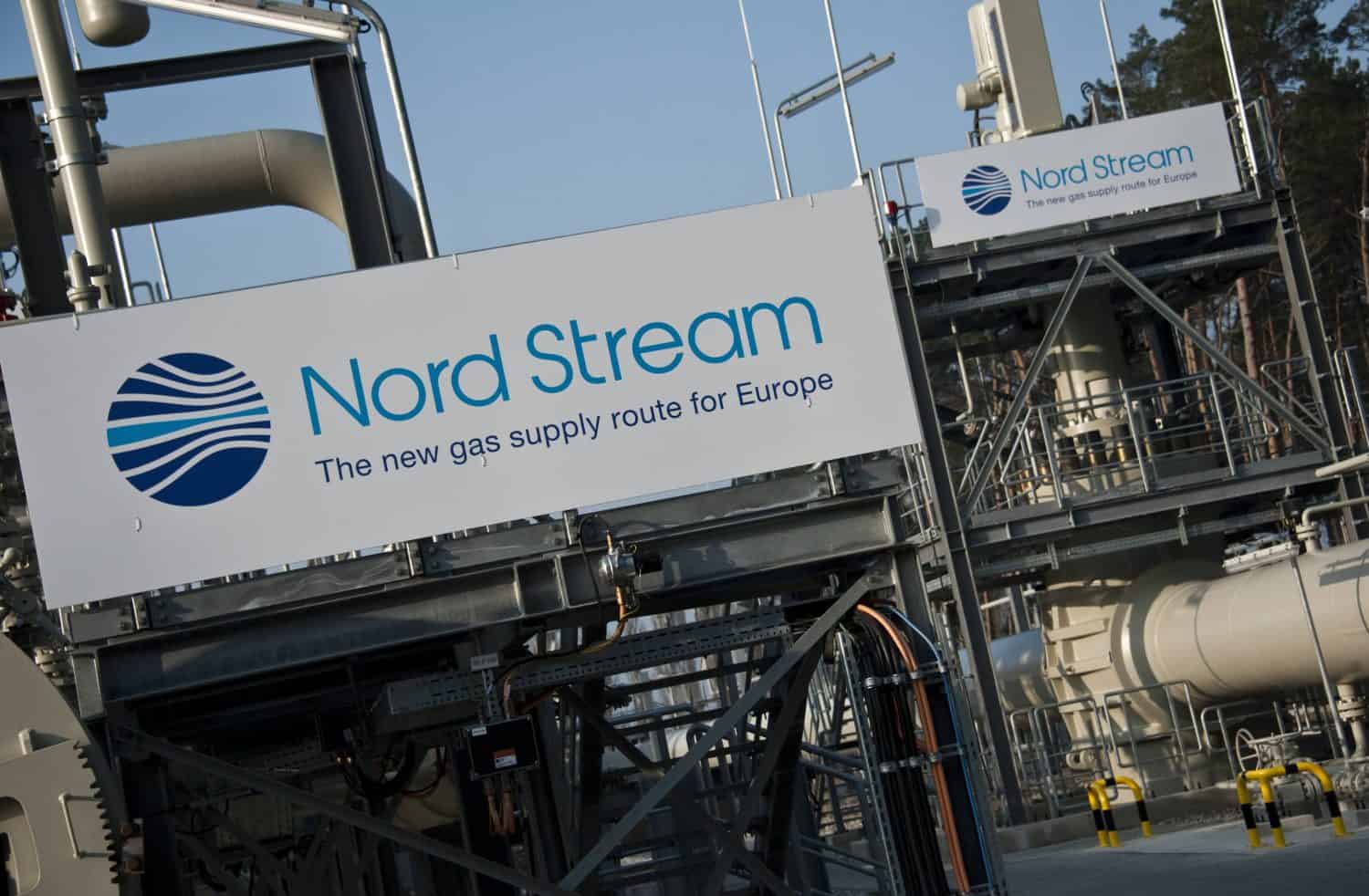STOCKHOLM, SWEDEN – Swedish officials confirmed Friday that the September blasts which destroyed sections of the Nord Stream pipelines carrying natural gas from Russia to Germany under the Baltic Sea were acts of sabotage.
“The analyses conducted found traces of explosives on several foreign objects” found at the sites of the blasts, prosecutor Mats Ljungqvist who is leading the preliminary investigation said in a statement.
Ljungqvist added that technical analyses were continuing in order to “draw more reliable conclusions regarding the incident.”
Sweden’s Prosecution Authority said that the “continued investigation will show if anyone can be formally suspected of a crime.”
Four large gas leaks were discovered on Nord Stream’s two pipelines off the Danish island of Bornholm at the end of September, with seismic institutes recording two underwater explosions just prior.
Investigators had already said that preliminary inspections had reinforced suspicions of sabotage.
While the leaks were in international waters, two of them were in the Danish exclusive economic zone and two of them in Sweden’s.
At the end of October, Nord Stream sent a Russian-flagged civilian vessel to inspect the damage in the Swedish zone.
The pipelines, which connect Russia to Germany, have been at the center of geopolitical tensions as Russia cut gas supplies to Europe in suspected retaliation to Western sanctions over Moscow’s invasion of Ukraine.
Although the pipelines were not in operation when the leaks occurred, they both still contained gas which spewed up through the water and into the atmosphere.
Washington and Moscow have both denied any involvement and each has pointed the finger at the other.








